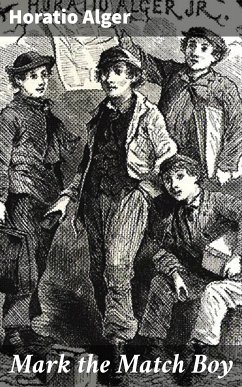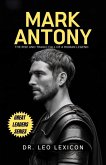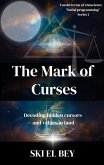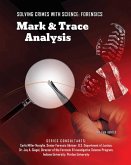"Mark the Match Boy" is a quintessential work of Horatio Alger's literary canon that embodies the rags-to-riches narrative central to his oeuvre. Published in 1864, this novella captures the struggles of a young, impoverished boy named Mark, who sells matches on the streets of New York City. Alger's style is marked by a blend of sentimentalism and didacticism, employing accessible prose to depict themes of perseverance, virtue, and the American Dream. Set against the backdrop of a rapidly industrializing society, the story starkly portrays the social inequalities of the time while offering a hopeful message about the potential for individual success through hard work and moral integrity. Horatio Alger, an influential American writer of the 19th century, often drew from his own experiences of witnessing the plight of the urban poor, which informed his deep empathy for marginalized individuals. His background in ministerial work and belief in the values of self-reliance and morality profoundly shaped the narratives he created, often revolving around underprivileged but industrious young boys who navigate societal challenges toward eventual success. This personal conviction is salient in "Mark the Match Boy," illustrating his dedication to uplifting narratives that foster hope. This timeless story is not only an engaging tale but also serves as a significant reflection on the American ethos. Readers seeking an inspiring narrative that champions resilience and hope amidst adversity will find "Mark the Match Boy" a rewarding addition to their literary repertoire, echoing sentiments that resonate with contemporary audiences.
Dieser Download kann aus rechtlichen Gründen nur mit Rechnungsadresse in A, B, BG, CY, CZ, D, DK, EW, E, FIN, F, GR, H, IRL, I, LT, L, LR, M, NL, PL, P, R, S, SLO, SK ausgeliefert werden.









